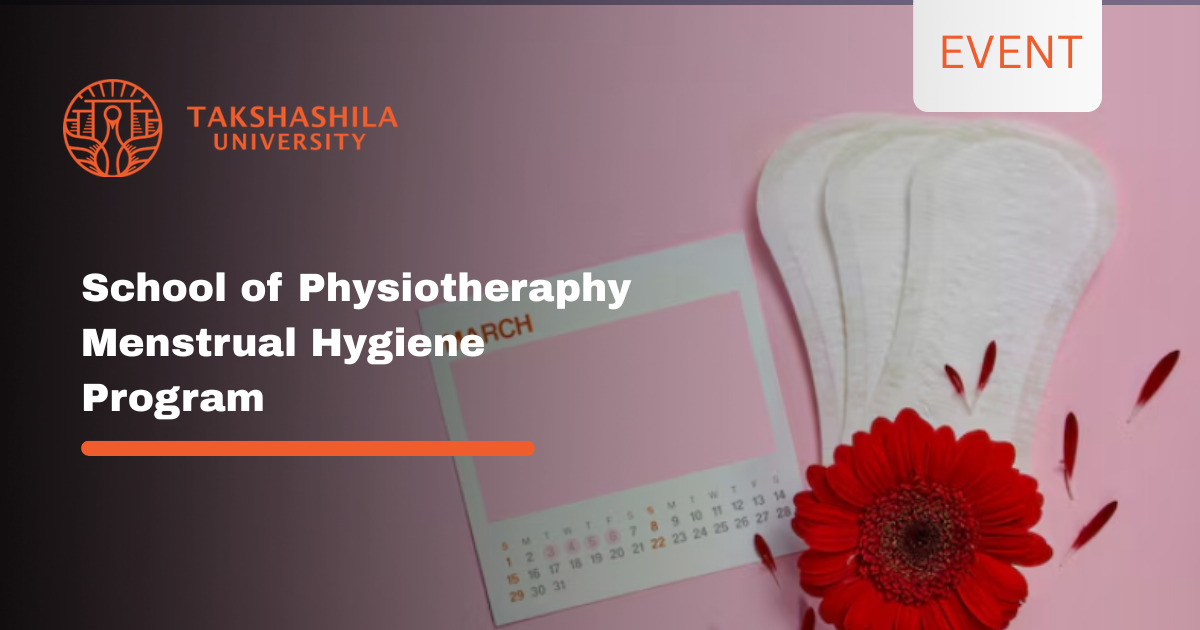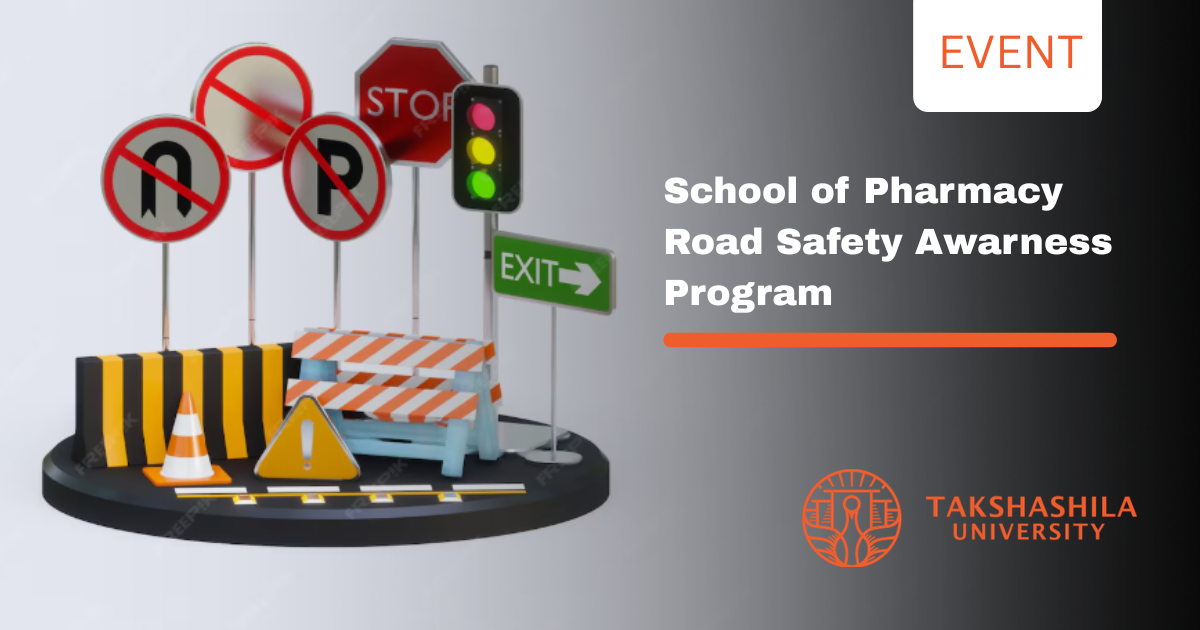Are you feeling overwhelmed with the pressure of choosing a field of study after finishing your 12th grade? No more stress and worries, as this blog will give you a hand in choosing the right course and pursuing your career. Read till the end to know more.
It’s an important decision that could significantly impact their future career goals and aspirations. With so many fields of study and career options available, deciding which path to take can be overwhelming. We at Takshashila University offer various undergraduate and postgraduate courses in multiple fields of study. To help you make an informed decision, this blog has compiled all the information from courses to scopes to provide insights into various fields of study and career options after the 12th. Read till the end of the blog to know more about what to study after 12th.
Exploring Fields of Study After 12th: A Comprehensive Guide
What to study after 12th? To answer this question, in simple terms, the choices are endless. After completing 12th grade, students can choose from various fields of study. These fields can be broadly classified into three categories – Arts, Science, and Commerce.
The Arts stream includes subjects like History, Geography, Political Science, Economics, Sociology and Psychology. It is an ideal choice for those who are interested in social studies and humanities.
The Science stream comprises subjects such as Physics, Chemistry, Mathematics and Biology. This field is suitable for students who have a strong aptitude for science-related subjects and wish to pursue a career in engineering or medicine.
The Commerce stream covers topics like Accountancy, Business Studies and Economics. It focuses on providing knowledge about financial management and business administration.
Apart from these traditional streams of study after 12th grade, there are several other options available now, such as Mass Communication & Journalism, Law, Hotel Management, medicine, etc.
Choosing the right field of study after the 12th is essential for your future prospects. Ensure that you research all available courses thoroughly before making your final decision.
Career Paths After 12th: Options and Opportunities
After completing 12th, students are often faced with the daunting question of what career path to choose. A wide range of career options is available in today’s world, from traditional professions like medicine and engineering to newer fields such as digital marketing and data analytics.
There are several options for those interested in healthcare, including becoming a doctor, nurse or physiotherapist. For those interested in technology, careers in software development or IT consultancy may be suitable choices.
Business enthusiasts can opt for courses like management studies and finance, while creative minds can pursue fashion designing or graphic design. Students with a passion for writing may consider journalism or content creation, while social work is ideal for individuals looking to make a positive impact on society.
It’s important to understand that choosing the right career involves identifying strengths and interests rather than blindly following trends. Proper research about different career paths and guidance from mentors will help students make informed decisions.
Finding Your Fit: Tips for Choosing the Right Field of Study After 12th
With some careful consideration and research, you can make an informed decision that will set you up for success in your future career.
- Consider your interests and passions. What subjects do you enjoy studying? Which ones do you excel in?
- Choosing a field that aligns with your strengths and interests is important as it will help keep you motivated throughout your studies.
- Think about the job prospects in your chosen field.
- Research industry trends and growth opportunities to ensure there are ample employment opportunities once you graduate.
- Evaluate the course curriculum thoroughly before making any decisions.
- Look at the course content carefully to determine if it matches up with what you hope to learn during your college years.
- Don’t hesitate to seek advice from professionals or experts in fields that interest you.
- Talk with family members who work within those industries or consult directly with colleges regarding admissions criteria or details about particular courses offered by them.
Choosing the right field of study is important for long-term success but doesn’t always have to be stressful.
Streams and Courses At Takshashila University
| Stream | Relevant College Courses | Scopes |
| Commerce | B.Com – Bachelor Of Commerce, B.Com – Corporate Secretaryship, B.Com Corporate Secretaryship, B.Com Accounting and Finance, B.Com Computer Application, B.Com Cost and Management Accounting, B.Com Professional Accounting. | Accounting, Banking, Finance, Management, Information Technology, Marketing, and Human Resources. |
| Science | B.Sc – Computer Science, B.Sc – Physics, B.Sc Agriculture Sciences (Hons), B.Sc Computer Science, B.Sc Artificial Intelligence and Data Science, B.Sc Chemistry, B.Sc Physics, B.Sc Bio-Technology. | Engineering, Research, Data Analysis, Information Technology, Teaching. |
| Engineering | B.Tech – Artificial Intelligence and Data Science, B.Tech – Information Technologies, B.Tech – Electronics and Communication Engineering, B.Tech – Computer Science and Engineering, B. Tech – Artificial Intelligence and Machine Learning, B. Tech – Computer Science and Business Systems. | Software Development, Electronics, Communication, Automation, Robotics, Artificial Intelligence. |
| Arts | B.A Economics, B.A Psychology, B.A Defence and Strategic Studies, Bachelor in Social Work (BSW), B.A Tamil, B.A English. | Teaching, Writing, Journalism, Public Service, Social Work, Research, and Consultancy. |
| Business | BCA – Bachelor Of Computer Applications, BBA – Bachelor Of Business Administration.Bachelor in Computer Application, BBA – Business Analytics, BBA Fintech and Digital Banking. | Management, Entrepreneurship, Finance, Marketing, Information Technology, Banking, Accounting, and Analytics. |
| Allied Health Sciences | B.Sc. Medical Lab Technology, B.Sc. Cardiology Technology, B.Sc. Cardiac Perfusion Technology, B.Sc Optometry Technology, B.Sc. Operation Theatre and Anaesthesia, B.Sc. Radiography and Imaging Technology, B.Sc. Physician Assistant. | Medical Laboratory Technology, Cardiology Technology, Cardiac Perfusion Technology, Optometry, Operation Theatre and Anaesthesia, Radiography and Imaging Technology, Physician Assistant. |
| Hotel Management | B.Sc. Catering & Hotel Administration, Diploma in Catering & Hotel Administration, Craft Course in Bakery and Confectionary, Craft Course in Food Production, B.Sc. Culinary Arts and Chef Management, Diploma in Hotel Management, MBA Tourism and Hotel Management. | Hotel Management, Tourism, Food and Beverage, Hospitality, and Event Management. |
Pursuing Your Passion: A Look into Arts & Science Courses and Opportunities
Arts & Science degrees give graduates an edge in today’s competitive job market, where versatile skills are highly valued.
Arts & Science courses offer a unique and diverse range of options for students to explore. The scope of these courses is vast, covering everything from history, literature, philosophy and the social sciences to mathematics, physics, chemistry and biology.
These courses provide students with a well-rounded education that encourages critical thinking, problem-solving skills and creativity. They also prepare students for a variety of career paths, including law, as well as careers in the arts, such as writing or theatre production.
Arts & Science courses are designed to broaden students’ horizons by exposing them to different perspectives on world issues while providing them with the analytical tools they need to understand complex problems.
Building Your Future: Scopes and Opportunities in Engineering Courses
There are always opportunities for engineers looking to apply their knowledge and skills to innovative solutions that drive progress.
Engineering courses are among the most popular academic pursuits in today’s society. With a wide range of specialisations, such as electrical engineering, civil engineering, and mechanical engineering, students have plenty of options to choose from.
The scope of these courses is vast and varied, and engineers can work on anything from designing new technologies to creating infrastructure for cities to developing space exploration projects.
The demand for engineers across industries remains high due to innovation and technological advancement.
Takshashila University For Holistic Education
Takshashila University, located in Chennai, is a prestigious institution that offers a wide range of academic programs to students. Also, we offer students quality education and a vibrant learning environment with a focus on experiential learning, research, and innovation to prepare students for future challenges. Our excellent faculty comprises highly qualified and experienced professors committed to providing students with a holistic education.
Conclusion
It is important to remember that choosing a field of study after the 12th can be a daunting task. With numerous options, it’s easy to get confused and perplexed. However, by understanding and finding your interests and strengths, researching different career paths and seeking advice from professionals or mentors, you can make an informed decision.
It ultimately depends on your individual goals and aspirations. Don’t let societal pressure or external expectations influence your decision. Whether you choose to pursue arts courses or engineering courses, what matters most is that you are passionate about what you do. Follow your heart and work hard to achieve success in your chosen path.
Keep in mind that education does not stop at college or university. Learning is a lifelong process, and there will always be opportunities for growth and development in any field of study.
Good luck on your journey towards finding the perfect field of study after the 12th!
FAQs
1. What are the different fields of study after the 12th?
The different fields of study after 12th can be broadly classified into Arts, Science, Commerce and Medical courses.
2. How to choose the right field of study after the 12th?
To choose the right field of study after the 12th, consider your interests, strengths and job prospects. Taking career counselling can also help in making an informed decision.
3. Is it important to choose a stream based on my marks in exams?
While good performance in previous classes is helpful for admission to certain streams in colleges, it is not the only criteria for choosing a stream. It is more important to focus on your interests and skills while selecting a course.






